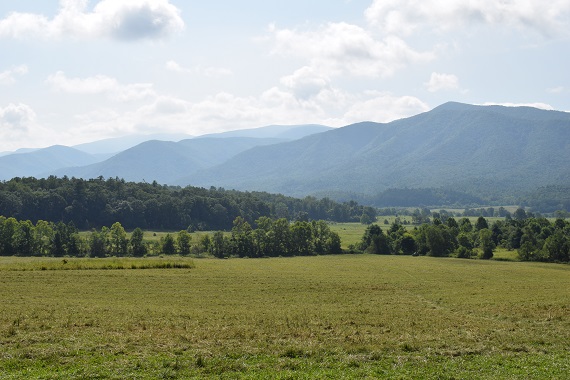
In what passes for political and cultural discourse today, the term “populist” is something of a pejorative, conjuring up images in the mind of the cultural and academic elite of dangerous folks with pitchforks and guns riding about in pick-up trucks looking for an uprising to foment. This of course is nonsense. What the tsars of public opinion describe as populism bears little resemblance to the real thing. The historian Richard Hofstatdter started the whole business of populist as dangerous rube, though he did concede the populists had some good ideas. Of course, Hofstadter also believed that the more polished and respectable and less hayseed progressives were needed to move the whole business of reform forward to an orderly and respectable conclusion. Contemporary historians tend to emphasize the constituent elements of the larger populist movement; thus, one can find fine work done on the independent black populist movement or the precursors to the populists. The populist failure as a third party, the populist failure to forge an alliance with industrial labor, the populist failure to alleviate racial tensions and animosities in the South, and the failure of the populists to act as a catalyst for the creation of a European style labor party has captured the interest of left-leaning historians, as one might expect.Even if one believes the fairy tale that slavery was the sole, only, and everlasting cause of the War Between the States, it does not negate the fact that the Southern states who seceded, and those forgotten border states who tried to secede, were agrarian societies assaulted by a Republican “court” hell bent on imposing the Hamiltonian program of national consolidation. T’was center versus periphery. The South’s defeat in the war placed its agrarian society in an extremely vulnerable situation.
More @ The Abbeville Institute

No comments:
Post a Comment